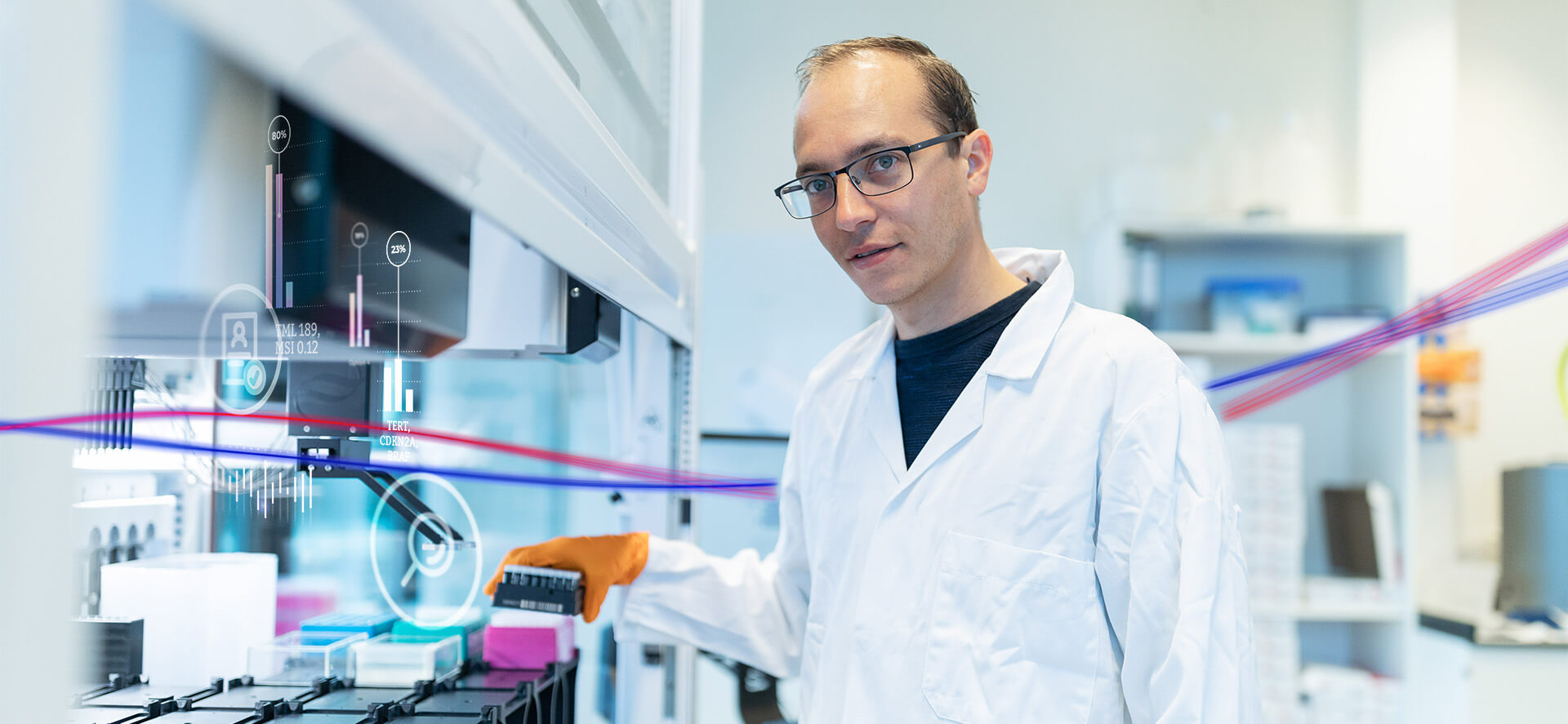
News
- Algorithms
- Billing code
- Biomarker
- Cancer of Unknown Primary
- cfDNA
- DNA
- Education
- End of Treatment
- GENAYA project
- Hartwig Medical Database
- Hartwig Medical Foundation
- Innovation
- IT
- Lab process
- Learning healthcare system
- Molecular diagnostics
- OncoAct
- Participating hospitals
- Patients' stories
- Personalized treatment
- Quality
- Rare cancers
- Re-use data
- Research
- Scientific publications
- Uncategorized
- Whole genome sequencing
- Working in the cloud

Whole genome sequencing: the future of molecular diagnostics in gynecological cancer?
To mark Gynecological Oncology Awareness Month, we spoke with oncologist Eelke Gort about the role of molecular diagnostics in these …

GLOW Study Ends – But WGS Remains Valuable for Glioblastoma Patients
As of October 1, 2025, the GLOW study will officially come to an end. Interim analysis has shown growing enthusiasm …

Hartwig Medical Foundation welcomes new managing director
Hartwig Medical Foundation is pleased to announce that Robert Jan Lamers has joined the organization as its new managing director, …
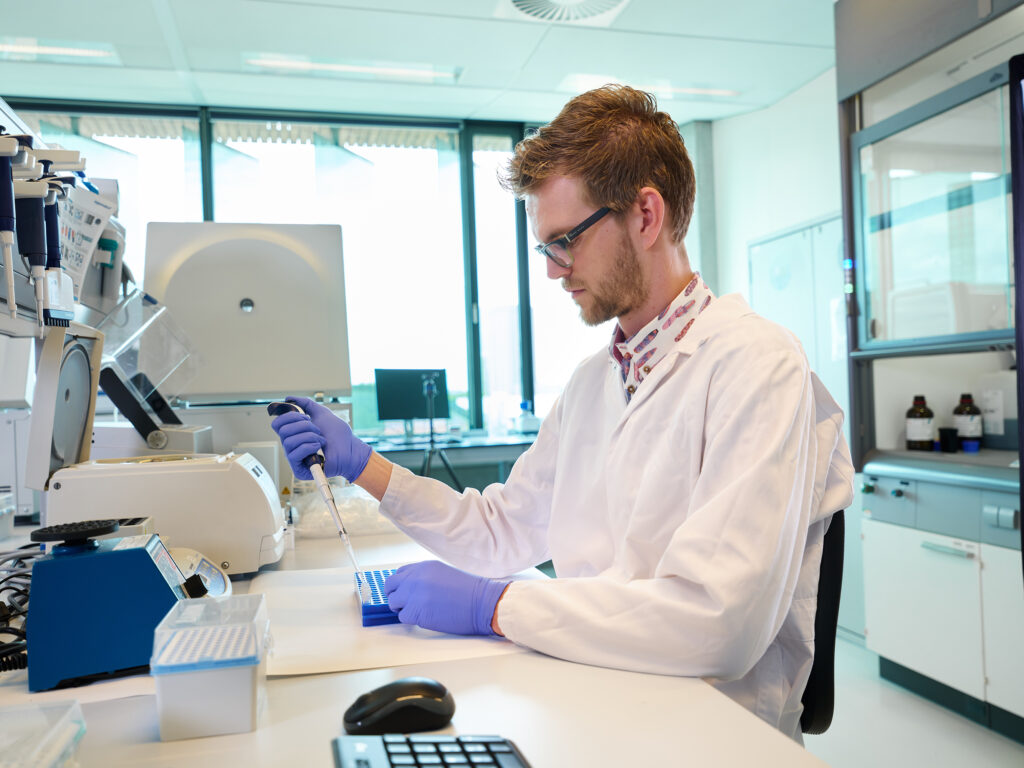
Dutch Healthcare Institute approves reimbursement of whole genome sequencing (WGS) for targeted cancer treatment
The Dutch National Health Care Institute (Zorginstituut Nederland, ZiNL) has approved the reimbursement of whole genome sequencing (WGS) through the …

Without structured real world data, it remains guesswork who truly benefits
The decision by the Dutch National Health Care Institute (Zorginstituut Nederland, ZiNL) to reassess the reimbursement of expensive medicines after …

Update on the GENAYA Project: DNA from 500 Young Cancer Patients Analyzed
Should young people with cancer receive different treatment than older patients? We suspect they do, but there’s currently not enough …

First time linking Hartwig Medical Database with the Netherlands Cancer Registry for AYA Patients
This July, the first data transfer was completed between the Netherlands Cancer Registry (NKR) and the Hartwig Medical Database for …

Stelvio for Life
This year, all Hartwig employees are participating in the Stelvio for Life event: https://www.stelvioforlife.nl/team/bb11b657-0411-4456-85e7-8c9aff3d87b3 This is how we’re raising money …

Clinical Trials Day and the importance of structurally recording treatment outcomes
Today, on Clinical Trials Day (May 20), we reflect on the importance of clinical research. For Hartwig, it’s a opportunity …
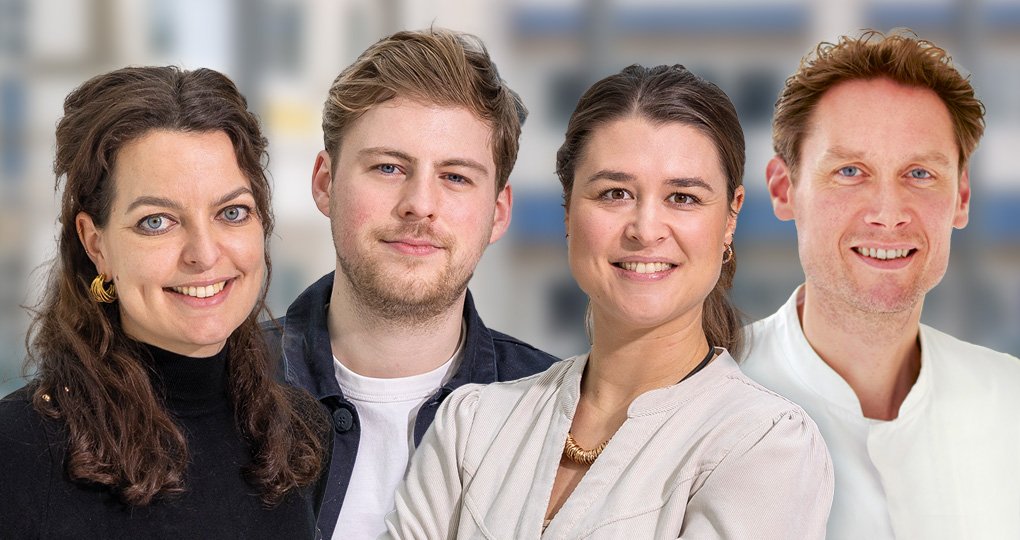
Automatically the right trial and treatment with ACTIN: A new step in cancer care
Imagine you have a patient with cancer sitting across from you: can’t be cured, but he is determined to try …

Hartwig Medical Foundation welcomes Eliëtte Vaal to its Supervisory Board
Hartwig Medical Foundation (Hartwig) has welcomed Eliëtte Vaal as a new member of its Supervisory Board. Her appointment reflects Hartwig’s …

The viral landscape in metastatic solid cancers
Researchers from Norwegian University of Science and Technology and colleagues have recently systematically catalogued the presence of viral DNA (and …
Blogs

Medicines Policy must be based on real world data
The recent decision by the National Health Care Institute to re-evaluate expensive cancer medicines in real-world practice is a logical …
Read more
Cancer, a rare disease?
It may come as a surprise to many on this International Rare Disease Day (February 28), that a significant number …
Read more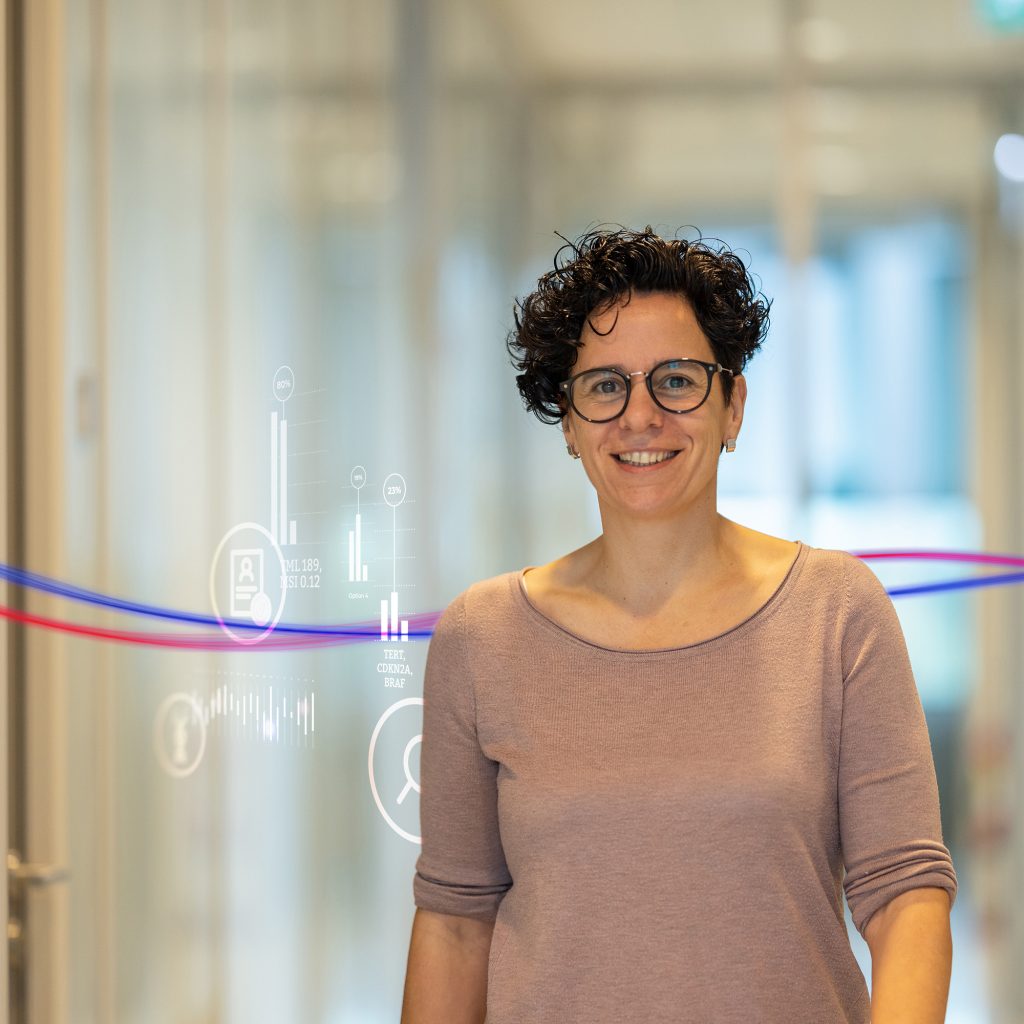
The big advantage of having Hartwig Medical Foundation data available in the cloud
I don’t remember exactly when I first heard about Hartwig Medical Foundation and the whole genome sequencing data it has …
Read moreVideos
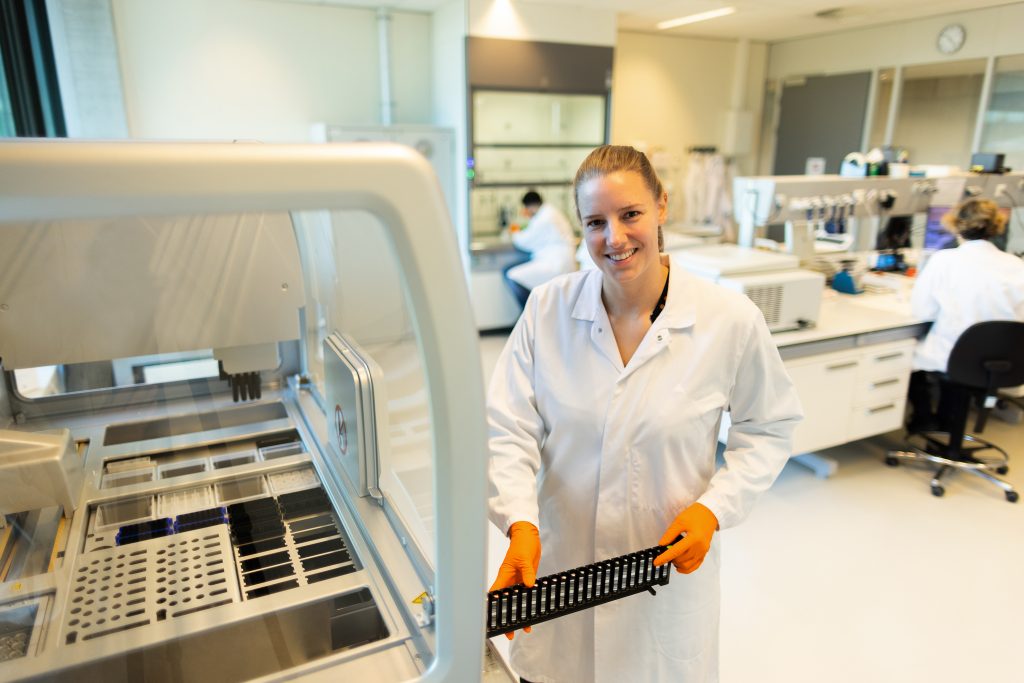
From biopsy to patient report
The comprehensive DNA test can provide patients with cancer with more opportunities for treatment. Using the technique of Whole Genome …
Read more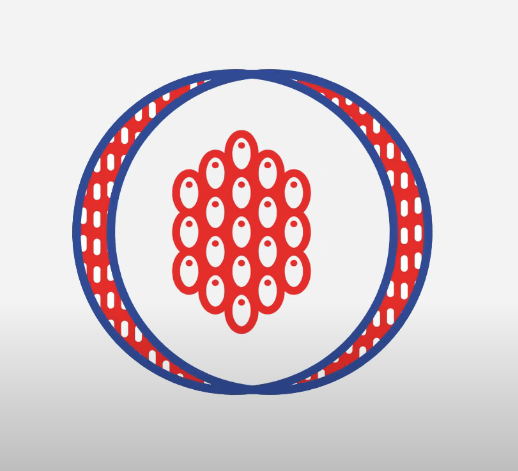
What does Hartwig Medical Foundation do?
Hartwig Medical Foundation is a unique initiative that makes possible progress in the research of treatment of cancer in the …
Read more
Cancer is caused by DNA mutations. There are an increasing number of drugs available that act on specific errors in the DNA of an individual patient’s tumor. A drug that doesn’t fit, like a key in a lock, will not work, while the risk of side effects remains.